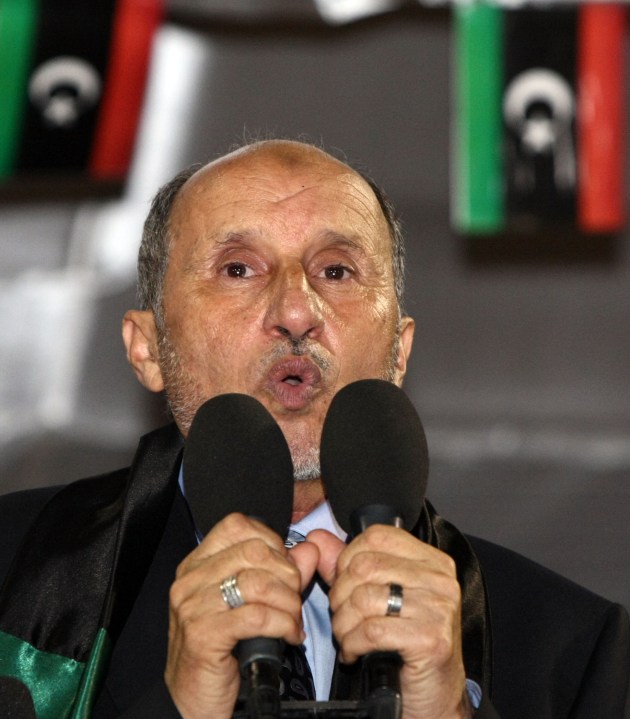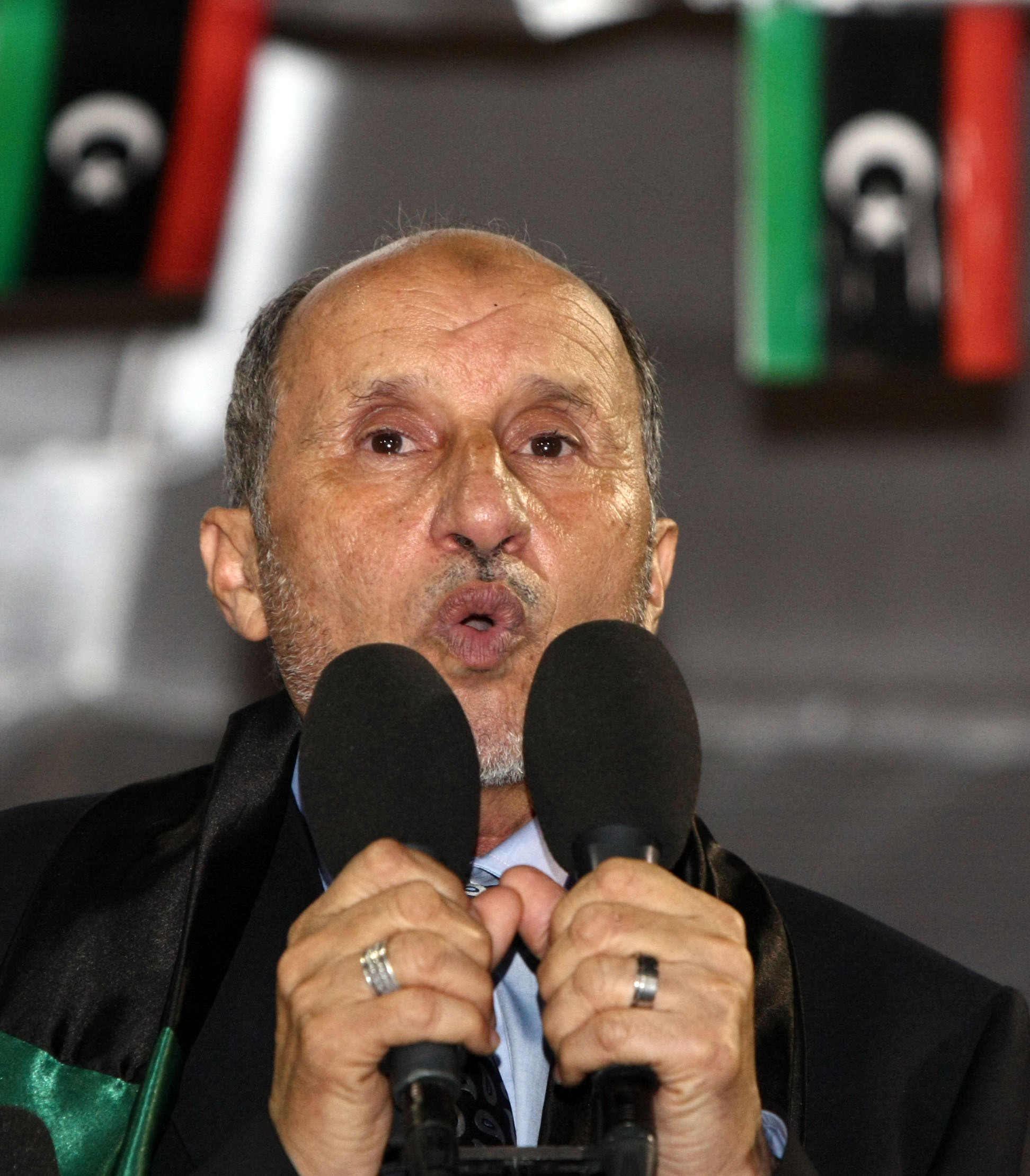 Gaddafi was buried this morning, but Libya’s problems remain firmly above ground. The
news emerging from the country is mostly grim: a possible massacre by anti-Gaddafi fighters; the
hint of complicity on the part of Libya’s new leadership;
Saif Gaddafi’s continuing elusiveness, and so on. Revolution and civil war are never done cleanly, sure.
But just because the current situation is unsurprising doesn’t make it any less shocking.
Gaddafi was buried this morning, but Libya’s problems remain firmly above ground. The
news emerging from the country is mostly grim: a possible massacre by anti-Gaddafi fighters; the
hint of complicity on the part of Libya’s new leadership;
Saif Gaddafi’s continuing elusiveness, and so on. Revolution and civil war are never done cleanly, sure.
But just because the current situation is unsurprising doesn’t make it any less shocking.
Unsurprising yet shocking. Much the same could be said of Mustafa Abdul-Jalil’s declaration that Islamic Sharia law would be
the “main source” of all legislation in Libya from now on. Unsurprising, because Libya is, on the whole, a conservative Muslim country. Shocking, because some of the specific tenets that
Abdul-Jalil espoused — such as polygamous marriage — are so contrary to what the
country’s Facebook revolutionaries were striving for. As Foreign Policy’s Blake Hounshell says, he might also have been more demoractic about it:
The question that now hangs over Libya is basically one of interpretation: what does Abdul-Jalil mean by “main source”? Is he talking about an Iran-style Islamic Republic of Libya? Or is he talking about a Sharia that informs, rather than imposes on, his country’s affairs? The man himself has since gone out of his way to reassure Western leaders that he meant the latter. And there is even the idea that, by talking about Islam, he might stem the allure of the proper extremists. But, still, uncertainty reigns for now — with pessimism by its side.“If Libyans want to outlaw interest and bring back polygamy, fine, but let them do so in a democratic and transparent way. Write a new constitution and let the country vote on it.”







Comments